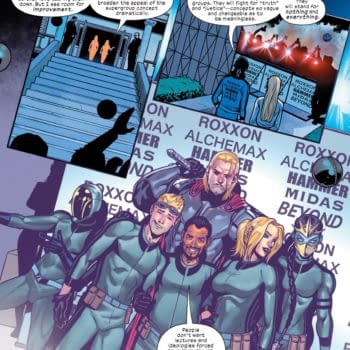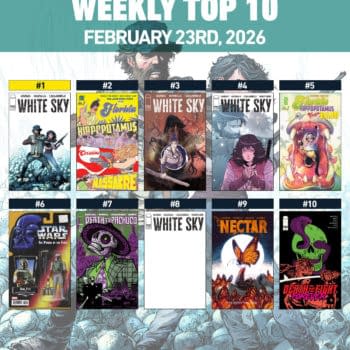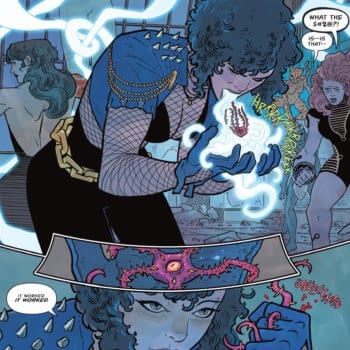Posted in: Comics, Preview | Tagged: a voyage to arcturus, conan the barbarian, david lindsay, high fantasy, sword and sorcery, the forgotten blade, tko studios, Tony Fejzula, Tze Chun
The Forgotten Blade: A High Fantasy Saga as Theological Allegory
The Forgotten Blade is wielded by Ruza the Unwashed, a cynical mercenary who has killed everyone worth killing in the land. A church rules the land with an iron fist, preaching the gospel of the Allfather, the absent god who was said to have created this world and all that walk in it. A shamaness named Noa approaches him with a quest: to hunt down the Allfather and slay Him so that the souls of her dead children, murdered by the church, can finally end their torment.
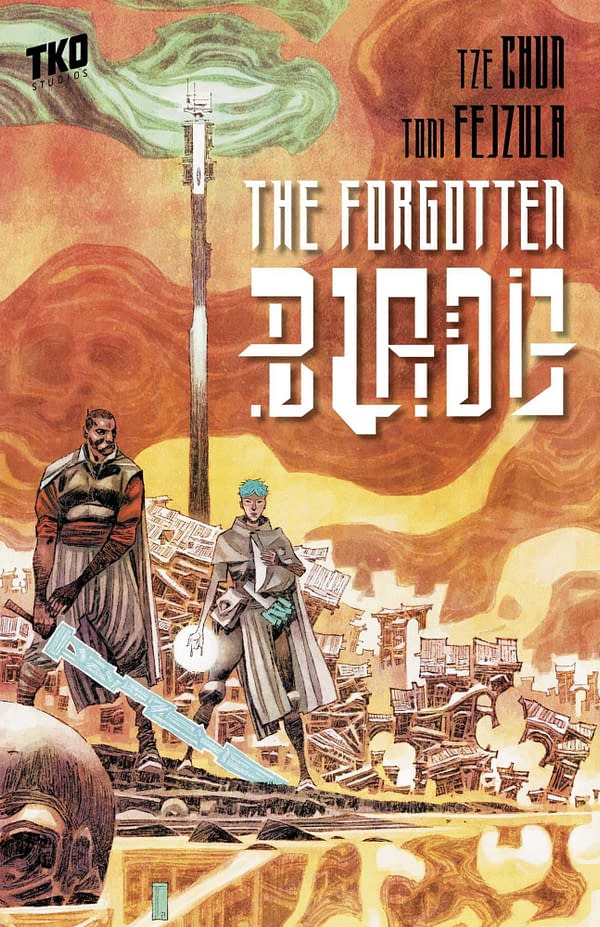
The Forgotten Blade is one of the most ambitious fantasy-Science Fiction sagas TKO Studios has published. At first glance, it looks like a high fantasy saga featuring a gruff warrior with a big sword on a quest in a mythical land. But its world-building is rooted in Science Fiction, and it also stands as an allegory about overthrowing an oppressive church and killing God. That's a lot of heady themes for a man with a sword story. High Fantasy as an allegory for theological themes and spiritual quest are a rare but worthy subcategory of the genre. Novels like David Lindsay's A Voyage to Arcturus were written in the aftermath of World War One to examine the mood and trauma of the times. The Forgotten Blade takes the Conan the Barbarian narrative model and marries it to headier themes than just male phallic potency and power fantasies. If anything, it's an anti-macho subversion of the power fantasy. Ruza is revealed to be a tragic and pain-driven figure. Noa is a grieving mother trying to redeem her children's souls unto and beyond death. The landscape they travel through is one of pain and suffering, both literal and symbolic, which recalls A Voyage to Arcturus.
Writer Tze Chun's stance is clear: this is an allegory for the Fortunate Fall: humanity rejects God to fall from Heaven to write his own destiny. The church's hypocrisy is clear. Ruza and Noa's odyssey takes them through the artificially-created land and citadel, encountering rivers whose waters are the tormented souls of the dead, executed as heretics, that feed the church. Themes of religious oppression, totalitarianism, class warfare, and abuse run through the story. The landscape and characters are filled with metaphors and symbols for human suffering and loss. Toni Fejzula's art lends the story an epic European sheen. It's one of TKO Studio's classiest books.
The Forgotten Blade is now out from TKO Studios.




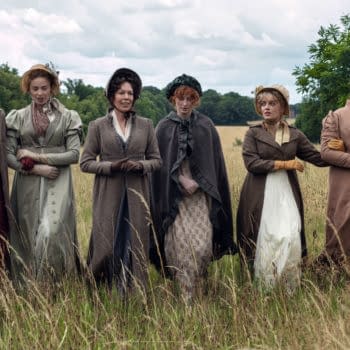
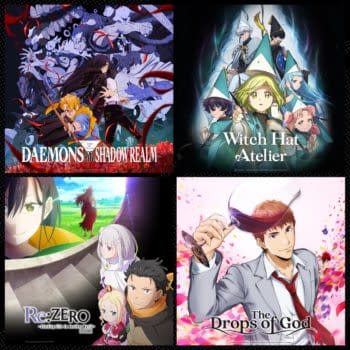
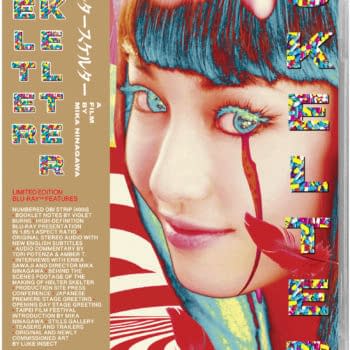

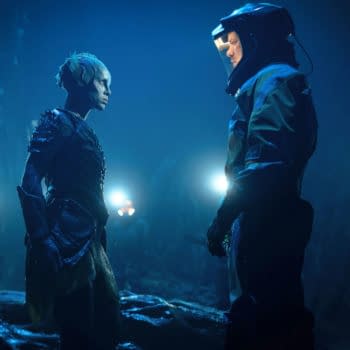
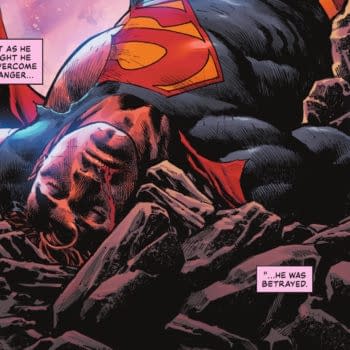
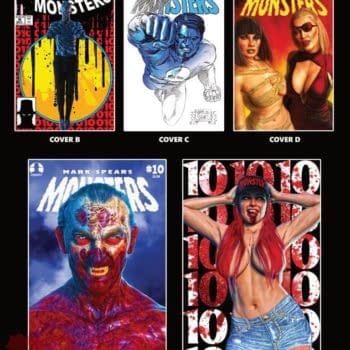
![White Sky #]1 second printing](https://mlpnk72yciwc.i.optimole.com/cqhiHLc.IIZS~2ef73/w:350/h:350/q:75/rt:fill/g:ce/https://bleedingcool.com/wp-content/uploads/2026/02/unnamed-2026-02-18T203050.994-350x350.jpg)
